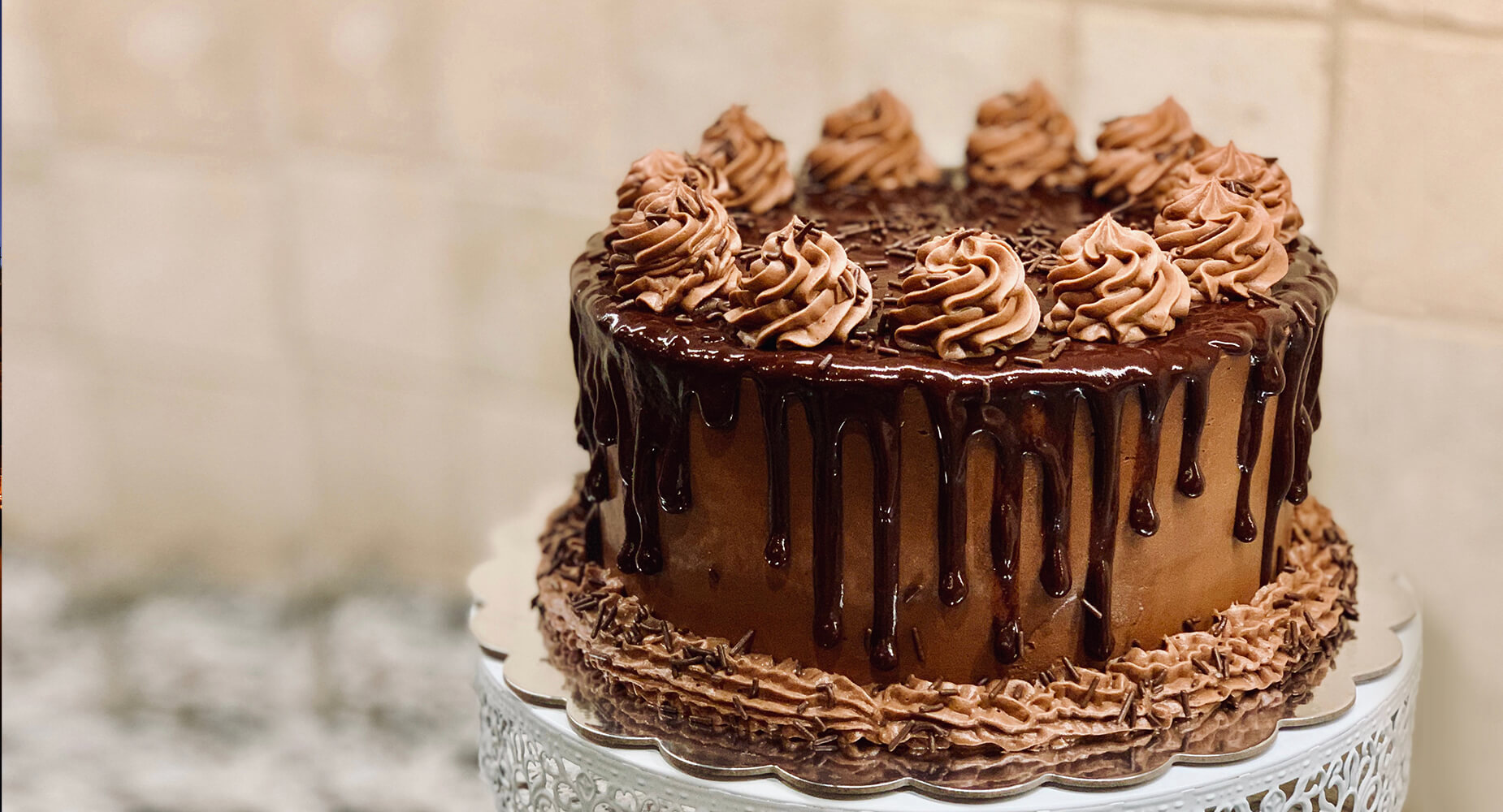The BBC has lost the broadcasting rights to the Great British Bake Off, which has found a new home on Channel 4. Marie Lorimer examines the fall-out.
What happened?
Stand away from your hot baps! If you’ve been living under a veil of flan or had your head buried in that sweet genoise since Monday, you may be sorry to read that that the current series of Great British Bake Off will be the last broadcast by the BBC.
After negotiations broke down between the BBC and Love Productions earlier this week, the production company agreed to a £25million three-year deal to broadcast the GBBO on Channel 4.
Described as “a fully-fledged cultural phenomenon” (The Guardian), there has been a public outcry over the decision to rehome the show. The news has been discussed fervently and passionately across the Twittersphere, generating criticism of Channel 4’s decision to purchase what the public view as a quintessentially BBC show. Viewers are clearly concerned that moving the show from a publically funded, to a commercially funded broadcaster would change the nature and essence of the show.
After the announcement, hosts of the show Mel Giedroyc and Sue Perkins stated that they would not be returning to the show when it moves to the new network. The Bake Off presenters gave a joint statement to the press, in true Mel and Sue style:
“We’ve had the most amazing time on Bake Off, and have loved seeing it rise and rise like a pair of yeasted Latvian baps. We’re not going with the dough.”
Why is it important?
Whilst the BBC is losing one of its flagship programmes, the story has provided the corporation with an opportunity to leverage the public and media’s love of GBBO, and remind the license fee payer of the broadcaster’s value. In a climate where the BBC faces increasing scrutiny and reform on expenditure, the Corporation has found the majority of public sentiment on its side and is using this as an effective weapon in its ongoing battle with critics. This was exemplified in BBC’s press statement after the announcement it would be losing the show:
“The BBC’s resources are not infinite. GBBO is a quintessentially BBC programme. We hope Love productions change their mind so that Bake Off can stay ad free on BBC One.”
What’s the reaction been?
Much of the criticism has been directed towards Channel 4. Lord Michael Grade (former BBC Chairman and Channel 4 CEO) said that Channel 4 had “shot itself very seriously in the foot” by outbidding the BBC, and had undermined its argument against privatisation (BBC).
Jay Hunt, CCO of Channel 4, penned a column in the Telegraph yesterday morning in defence of the network’s decision in which she tried to assure readers that Channel 4 had a “good track record on protecting and growing the shows viewers love.”
Neither Mary Berry nor Paul Hollywood has publically confirmed or denied whether they will be part of the new series. In a comment to The Sun on Monday, Mary Berry said the future of the show and which channel it broadcasts on has nothing to do with her. But as reported in the Mail on Wednesday, Berry’s husband reported she would not be ‘signing anything’ with Channel 4 yet, and that Mel and Sue’s decision ‘would be a factor’ in her final decision. Berry and Hollywood are universally seen as the proverbial eggs that hold the GBBO bake together. Indeed, an article in the New Statesman reported it was the reluctance of the judges to move from the BBC that led to premature reports last month that the corporation had succeeded in keeping the series.
The public outcry on social media has been significant. As reported in the Mirror, #Breadxit was trending on Twitter throughout Tuesday, with fans outpouring their grief. Indeed, the volume of social media commentary itself generated a number of online news articles from outlets such as Buzzfeed and the Huffington Post.
Best headline?
Is the Bake Off deal all about the dough? – The Guardian
What’s next?
The deal is ultimately a win for Channel 4. With 15 million viewers at its peak, even if three-quarters of Bake Off’s current audience stopped watching the show, viewing ratings would still be classed a success. In addition, this new partnership could see the food and drink industry queuing up for advertising space – some estimates say Channel 4 could make as much as £2.4 million from advertising per show.
In the coming days, weeks and months, there will be an extensive piece of work undertaken where Love Productions and Channel 4 come together and present their new Bake ‘Off-er’ to the public. In the wake of Mel and Sue leaving the show and the judges’ position still undecided, both companies will have to ensure they haven’t just purchased a £25 million tent in a field in Berkshire.
After all, this kind of factual entertainment programme owes its captivation and endearment to its high quality presenting talent. You only need to look at the recreation of shows like Top Gear to see that ‘flans’ may ‘dessert’ the show if it ‘takes the biscuit’ [Oh, do stop it – Ed.]…



